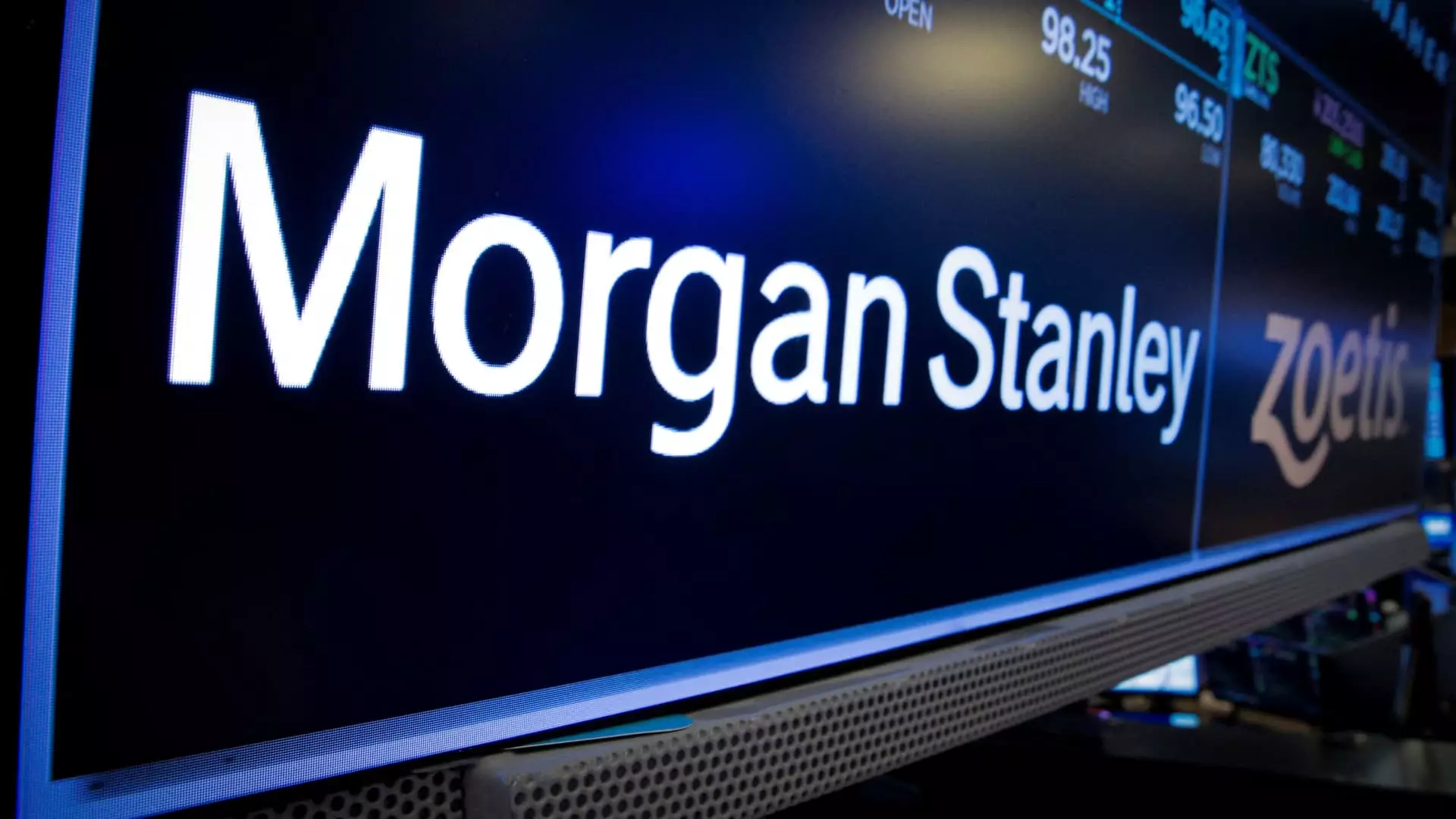In the rapidly evolving landscape of finance, Morgan Stanley is taking decisive steps to leverage generative artificial intelligence (AI) technologies, specifically tools powered by OpenAI. The investment banking giant has recognized the transformative potential that AI holds for enhancing operational efficiency, particularly within its investment banking and trading arms. Following the successful deployment of an AI assistant for wealth management advisors in early 2023, Morgan Stanley introduced the AskResearchGPT tool, which has begun to revolutionize the approach to research and insights within the institutional securities division.
AskResearchGPT is designed to streamline access to the bank’s extensive reservoir of research data—amounting to more than 70,000 reports per year. Katy Huberty, Morgan Stanley’s global director of research, has articulated the significance of this tool, highlighting its ability to simplify what is often an overwhelming task for employees tasked with analyzing financial trends across various sectors. By allowing staff to quickly retrieve tailored insights on stocks, commodities, and market dynamics, the tool presents a substantial leap forward in productivity. “Our research analysts and institutional colleagues are now empowered to derive information much more efficiently,” said Huberty, emphasizing the competitive advantage these resources provide.
The response from within Morgan Stanley’s workforce underscores the efficacy of AskResearchGPT. According to internal data, employees are utilizing the tool to pose inquiries at rates three times greater than they did with the earlier traditional AI counterpart introduced in 2017. This shift indicates not merely an adaptation to new technology, but a transformation of daily operatives, particularly among sales teams and client-facing employees who continually address inquiries from institutional investors, including hedge funds. Huberty noted, “Salespeople are now able to respond to client questions with one-tenth of the time it previously took them,” which speaks volumes about the tool’s effect on efficiency.
The embrace of generative AI is not confined to Morgan Stanley; Wall Street competitors are equally invested in this technological shift. Reports suggest that almost half of Morgan Stanley’s workforce of 80,000 utilizes AI tools, while approximately 60% of employees at rival institutions, such as JPMorgan Chase, are similarly engaged. This widespread utilization reflects a broader trend within the financial sector, indicating a growing reliance on AI technologies to enhance decision-making and speed up various aspects of banking operations.
Looking outside the current market leaders, banking consultant Pierre Buhler highlights that OpenAI’s early investments have established a leading position in the financial services realm. However, he also cautioned that the market remains in its nascent stages, indicating that other companies, like Anthropic, may carve out their niches in the future. As technology evolves, the competitive landscape will likely shift, and these emerging players could play a significant role in how generative AI is integrated into financial practices.
To facilitate seamless access to AskResearchGPT, Morgan Stanley has embedded the tool within widely used software, including Microsoft Teams and Outlook. This integration ensures that employees can engage with the AI without disruption to their workflow, thus encouraging regular use. The capability of AskResearchGPT extends beyond mere data retrieval; in demonstrations, it has shown an ability to contextualize and summarize complex financial topics—whether it involves insights on copper markets or analyzing the impact of tech giants like Nvidia—complete with appropriate charts and links to relevant data sources.
The implementation of generative AI, particularly through tools like AskResearchGPT, marks a pivotal juncture for Morgan Stanley and the broader financial sector. The potential for increased productivity, informed decision-making, and time-saving practices bodes well for the future. As investment banks like Morgan Stanley hone their performance through AI, the question remains: how will competitors adapt to this new reality? While the initial results speak to a promising future for generative AI in finance, the race has only just begun, and the evolution of this technology will shape the industry’s trajectory for years to come.

Leave a Reply